Major Power Relations
Your Present Location: PROGRAMS> Major Power Relations-
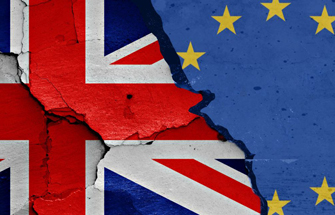
Ding Gang: Procedural democracy leads to Brexit dilemma
The Brexit dilemma has offered us a good opportunity to observe the Western political system. A referendum is always regarded by some Western politicians as one of the most important ways to gauge public opinion. In their view, as long as the voting procedure is correct, the result will be accurate. Brexit is a product of the ballot, but it has led the country into a swamp.
2019-01-25 -
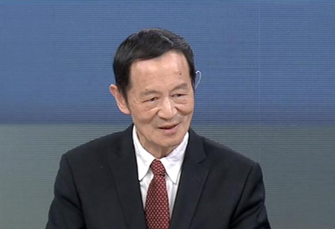
Can China and U.S. reach a final deal?
Chinese Vice Premier Liu He is scheduled to visit the U.S. on January 30 and 31 for further negotiations on China-U.S. trade and economic issues, according to the Ministry of Commerce of China.
2019-01-25 -
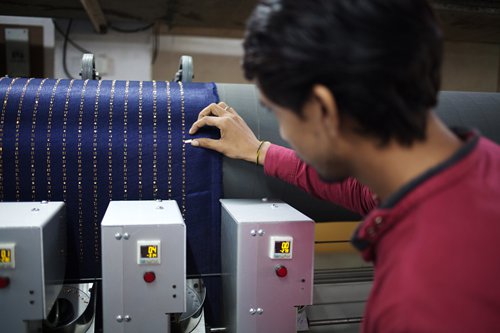
India’s industrial upgrade is moving fast, but can it replace China as ‘factory of the world’?
As Chinese manufacturers struggle to "walk out" as their domestic business environment becomes more competitive, India is becoming increasingly attractive for many of them.
2019-01-25 -
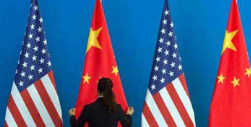
He Yafei: The Crisis of Capitalism and the Evolution of China-US Relations
From the Brexit referendum of 2016 to the US general elections the same year, and from the recent “Yellow Vest” protest in France to the forming of rightwing and leftwing governments in Europe and Latin America, the systemic crisis of capitalism has made its way from North America to Europe and other parts of the world. No one knows how long the crisis is going to last and how extensive or profound its impact will be to the political and economic order of the world. This is what people often call “the world of enormous uncertainty”. This is what President Xi Jinping has reminded us time and again that “our world is undergoing profound changes unseen in a century”. So, what is the origin of this crisis? And how deeply will it affect China-US relations?
2019-01-24 -
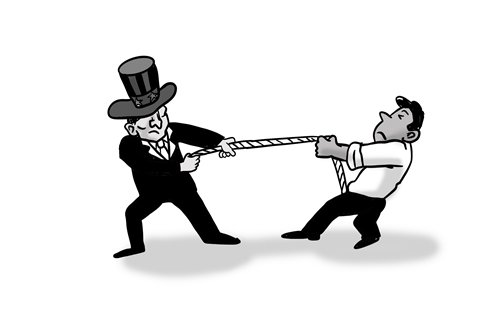
Liu Zhiqin: The US-China tug-of-war will keep going, but it still has to be a friendly game
Relations between China and the US have experienced bad times and good times over the several decades. The two countries, overall, have been living in peace with each other with only occasional small spats. The stable development of US-China relations has been the main reason that world economy is gaining momentum. Without it, there would be no stable globalization nor the last 40 years of prosperity for the world.
2019-01-24 -
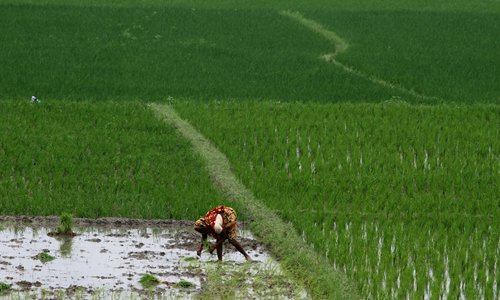
India, China to boost agricultural deals
India and China are jointly ramping up efforts to trade more farm products from tobacco to rapeseed meal, which analysts said can be an effective way to solve the trade gap between the two Asian economies.
2019-01-23 -
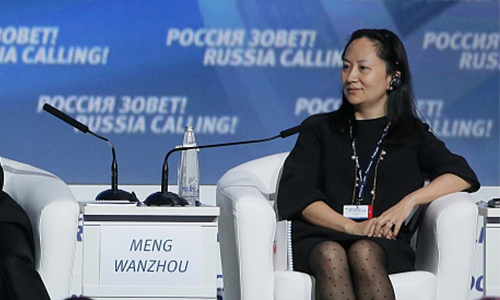
China urges US, Canada to correct mistake on the extradition of Huawei CFO
China's Ministry of Foreign Affairs on Tuesday said the US and Canada are abusing the extradition treaty, and urged the US to correct its mistake immediately and not to send the extradition request for Huawei chief financial officer Meng Wanzhou.
2019-01-23 -
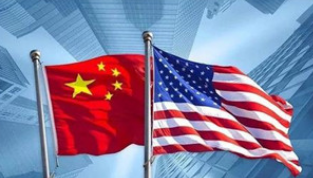
Asian stocks mixed after China, US agree on more trade discussions
Stock markets in Asia offered a muted reaction Thursday morning to the latest round of trade talks between Chinese and US officials in Beijing, where officials discussed a wide range of issues and agreed to keep close contact.
2019-01-23 -
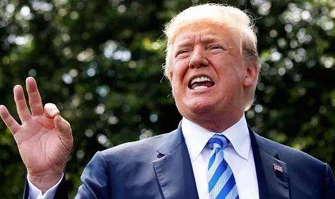
Wang Yiwei: Can US’ Asia Reassurance Initiative Act contain China?
US President Donald Trump signed the Asia Reassurance Initiative Act (ARIA) into law on December 31, 2018, which attempts to "develop a long-term strategic vision and a comprehensive, multifaceted, and principled United States policy for the Indo-Pacific region, and for other purposes." In essence, the purpose of Trump's ARIA resembles the "rebalance to the Asia-Pacific" strategy in the previous Barack Obama administration, but it differs in several ways with the Obama policy.
2019-01-22 -
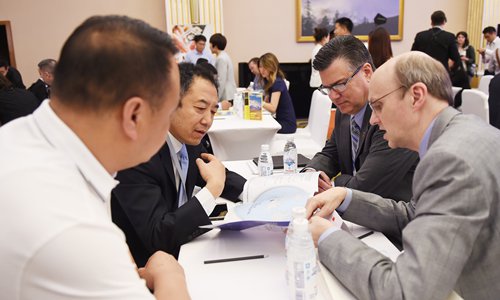
Sluggish Chinese investment in US to persist in 2019, casting shadow over bilateral ties
Sluggish Chinese investment in the US last year, resulting mostly from tougher US screening of high-technology acquisitions, is set to persist this year, analysts noted on Tuesday, suggesting that China should expand investment in other markets like Russia to strike a balance.
2019-01-21 -
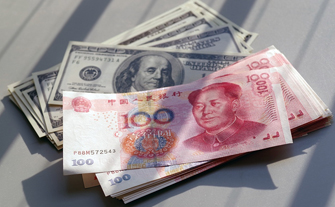
Is a ceasefire agreement between China and U.S. in sight?
Chinese Vice Premier Liu He will visit the U.S. on January 30-31 for the next round of trade negotiations, China's Commerce Ministry said on Thursday. Over the past year, the escalation of the trade war triggered by Donald Trump has put China-U.S. relations under considerable strain.
2019-01-21 -

Chinese, Indian EV manufacturers should travel the long and windy road together
While implementation-specific details may be missing from India's ambitious electric vehicle (EV) goal for 2030, its market potential still represents an opportunity for Chinese EV players as long as the Indian government's incentive policy is favorable enough.
2019-01-21 -
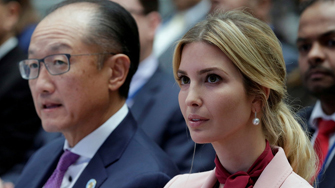
Zhao Minghao: The World Bank should not be a proxy for China-U.S. competition
Who will succeed the abruptly resigned Jim Yong Kim as the next president of the World Bank has drawn much attention from the international community. The White House has recently denied that President Trump's daughter Ivanka is a candidate for the post. Ivanka has been only assisting U.S. Treasury Secretary Mnuchin and White House Acting Chief of Staff Mulvaney in the selection of candidates for the World Bank president.
2019-01-18 -
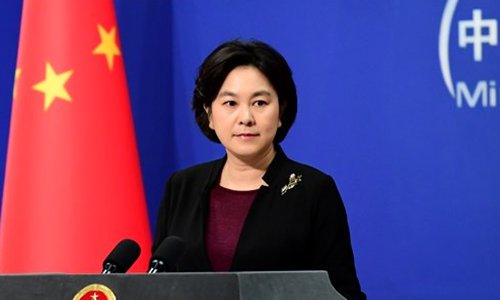
US most unqualified country to criticize China
US Vice President Mike Pence's criticism of China was an act of libel and the US is the most unqualified country to wag a finger at China when it comes to international rules, Chinese Foreign Ministry spokesperson Hua Chunying said on Thursday.
2019-01-18 -
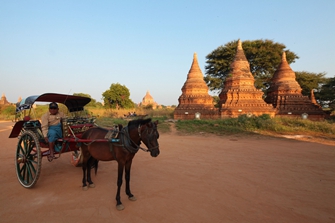
Ding Gang: What holds back Myanmar’s development?
With the progress of China-Myanmar relations, the resumption of the Myitsone Dam project in northern Myanmar can be placed on the agenda of both parties. The Myitsone Dam is a hurdle in the way of China-Myanmar relations and an obstacle to Myanmar's economic development and attracting foreign investment. Both sides need to work together to resolve this.
2019-01-17 -
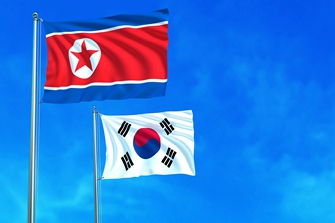
Wang Peng: ROK stops calling DPRK 'enemy'
It's been reported that the Republic of Korea (ROK) has stopped calling the Democratic People's Republic of Korea (DPRK) an “enemy” in its biennial defense document published Tuesday. This has been widely regarded as Seoul's latest effort to continue its reconciliation with Pyongyang.
2019-01-17 -
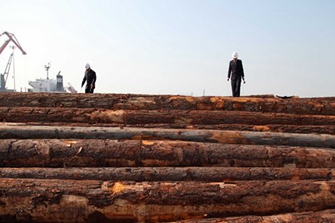
China-Canada FTA talks, bilateral deals may be put on hold amid diplomatic row
Canadian officials boasted of a "unique" trading relationship with China just three months ago, but souring bilateral ties have cast a shadow over further bilateral trade.
2019-01-16 -
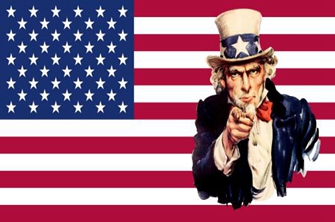
Liu Zhiqin: Is Uncle Sam going to be the catalyst to another multifaceted global crisis?
It was 10 years ago when the US triggered the world financial crisis, which is still affecting the global economy. So, the question now is, will the US usher in another hazardous and dreaded political crisis?
2019-01-15 -
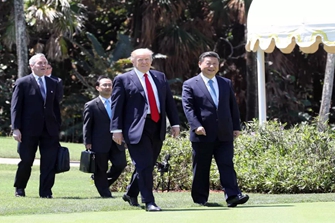
William Jones: U.S. should work with other nations to realize the common aims of mankind
The establishment of US-China relations 40 years ago was at the same time the revitalization of a relationship that stretched back nearly to the founding of the United States. The first American ship to arrive in China, the Empress of China, docked in Guangzhou in 1784, three years after the American Revolution.
2019-01-14 -
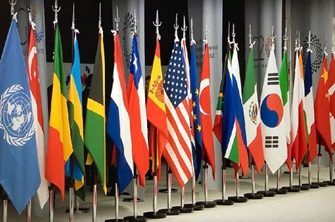
Jin Canrong: Using diplomacy to meet economic needs
The year 2018, among other things, was marked by turbulence, from the China-US trade frictions and the lingering economic downturn in European economies to the increasingly complicated situation in the Middle East and the crises in Latin American countries. Which means 2019 could throw up more uncertainties.
2019-01-14
























































































 京公网安备 11010802037854号
京公网安备 11010802037854号





